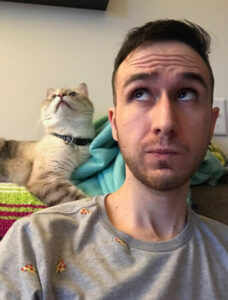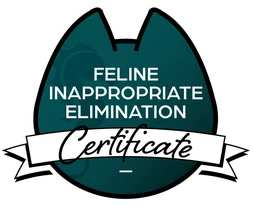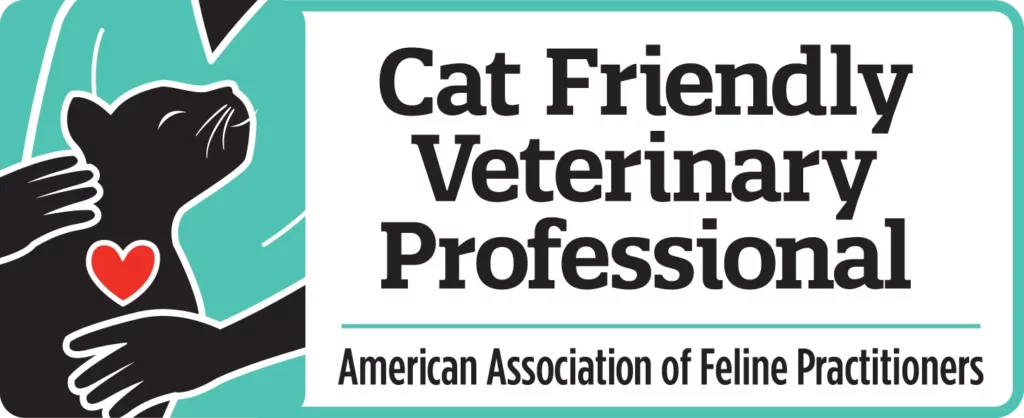This blog is the sixth and half way point in a series of posts as I process my grief over the loss of my cat, Zoloft, in the hope of helping others process their grief. This post focuses more on how you can help someone else process their grief, but it’s still designed to help the grieving. I am sharing a new blog post every month for the first year on different topics related to grieving a pet. While my focus is on cats, the advice is applicable to dogs, birds, or any other pet you love.
This post is also dedicated to Darby, the first cat I helped when I got started working with cats. She passed away on February 22nd. She had a very dedicated human whose life she forever changed. You are very missed, sweet Darby.
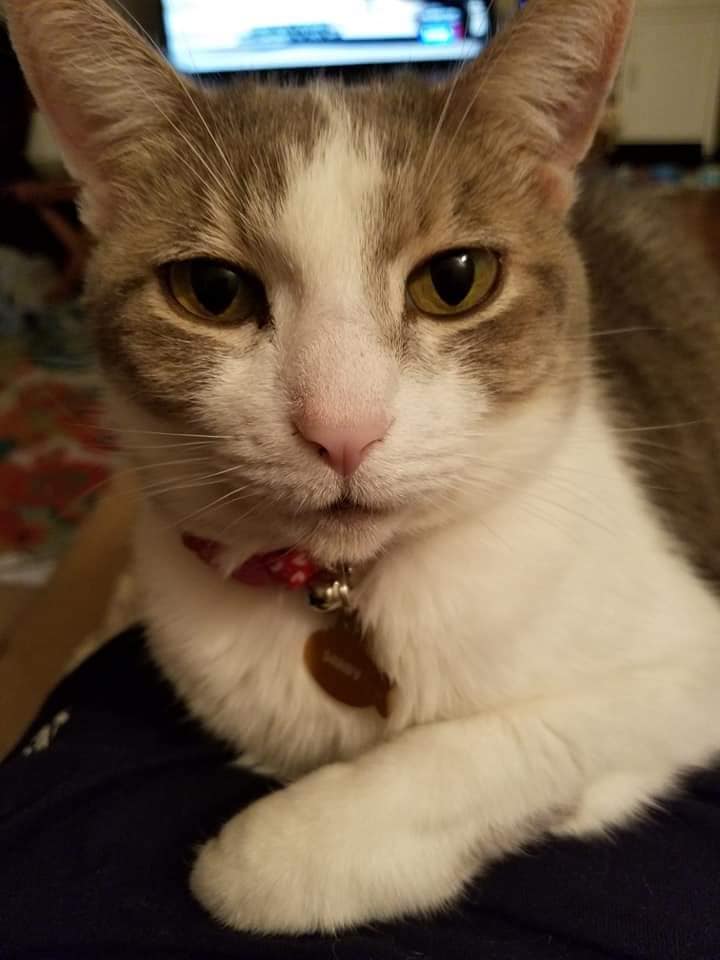
When Zoloft died, I had a lot of fantastic support people in my life. I fully recognize it can be a challenge to support someone after their cat dies and it’s even harder when that someone works with cats professionally so I was lucky to have so many folks in my life who helped (and continue to help) me through one of the most challenging periods of my life.
You would be correct in assuming that not everyone was quite as supportive and even those who were supportive didn’t always get it right. Even though their intention was good, they missed the mark. In some cases, they actually made me feel worse.
While what each individual needs is going to be different, there are some general things you can do that will help support someone after their cat dies and some things that you should avoid. Let’s break down some of the dos and don’ts of helping someone through a difficult time.
Validate And Listen
One of the most challenging aspects of losing a cat (or any other pet) is that you can end up with something called disenfranchised grief. This is a type of grief where the pain isn’t taken seriously and it adds an extra layer of pain to an already painful situation. Many people experiencing pet loss will experience this type of grief as they will feel their loss isn’t worthy of the amount of distress they’re experiencing or they’ll play the “whose loss is the worst type of loss” Olympics.
I’m not going to venture into which type of loss is the most painful as it doesn’t actually matter. Someone else’s loss doesn’t make your loss any better so everyone loses when we start comparing loss. Has someone else’s suffering every actually helped you feel better? Probably not.
As you’re supporting someone after their cat dies, don’t try to comfort them by telling them how much worse it could be if they lost a child or that someone else who lost their cat may have it worse. Instead, focus on validating their feelings. You can simply acknowledge that they experienced a significant loss, they are in pain, and that you recognize that they are in pain. You don’t need to compare it to the pain of others.
What To Say
If you aren’t sure what exactly to say, you can always listen to them talk about their feelings. Saying something along the lines of, “It’s really hard and this loss is terrible” is going to be way more helpful than avoiding the topic or saying something dismissive. It can also help to acknowledge how special their cat was and share a special memory you had with their cat. If you never met their cat, you can bring up a story they shared before.
In some cases, you may even want to just acknowledge that you don’t know what to say. At the end of the day, you aren’t going to have some sort of magic phrase that is going to cure their grief and remove any suffering they’re going through. The goal is to let them know you support them. Some of the most helpful things people have said to me were things like, “I don’t even have words and know that nothing I say will help, but I know that this just is terrible. He was a sweet cat.”
You can also acknowledge your bond with their cat as well as long as it was a positive one. If you didn’t like their cat, now is absolutely not the time to bring that up. That said, in some cases saying something like, “I know I didn’t get along with ______, but you had such a special bond with them and I really want to support you” may be helpful. Regardless of if you liked their cat or not, your loved one is in pain. You can either make it worse and damage your relationship or you can help them feel better.
Things To Avoid Saying
Many well-meaning people may say things like, “He’s no longer in pain” or “He’s in a better place” when trying to comfort someone. Use caution with these phrases as they often don’t help or the person you are trying to support may not believe in an afterlife. If they do, it may be helpful, but make sure you’re aware of their beliefs first.
One thing I advise against in the first few weeks after the loss of their cat is to avoid saying things about getting another cat. It can sound like you’re dismissing the special bond they had with their cat. If they bring up the topic, it might be okay to talk about as people vary as to when they may be ready to get a new cat. If you aren’t prepared to discuss it, you can always shift the conversation back to how special the cat they lost was.
Let Them Talk About Their Cat
One thing I noticed a few people close to me doing when we were talking about Zoloft right after he died was that they’d try to shift the topic to something unrelated. It may have been something amusing happening nearby or something totally unrelated. Even when I’d change the topic back to him, they’d shift it again. It felt a bit more than what I’d expect for a normal conversation so my suspicion is they were either trying to help me by avoiding a challenging topic or they were uncomfortable.
People who lost their cat recently are likely already thinking about them so you aren’t going to do any damage by talking about their cat. I actually wanted to be talking about him even though it hurt as it allowed me to avoid bottling up my feelings.
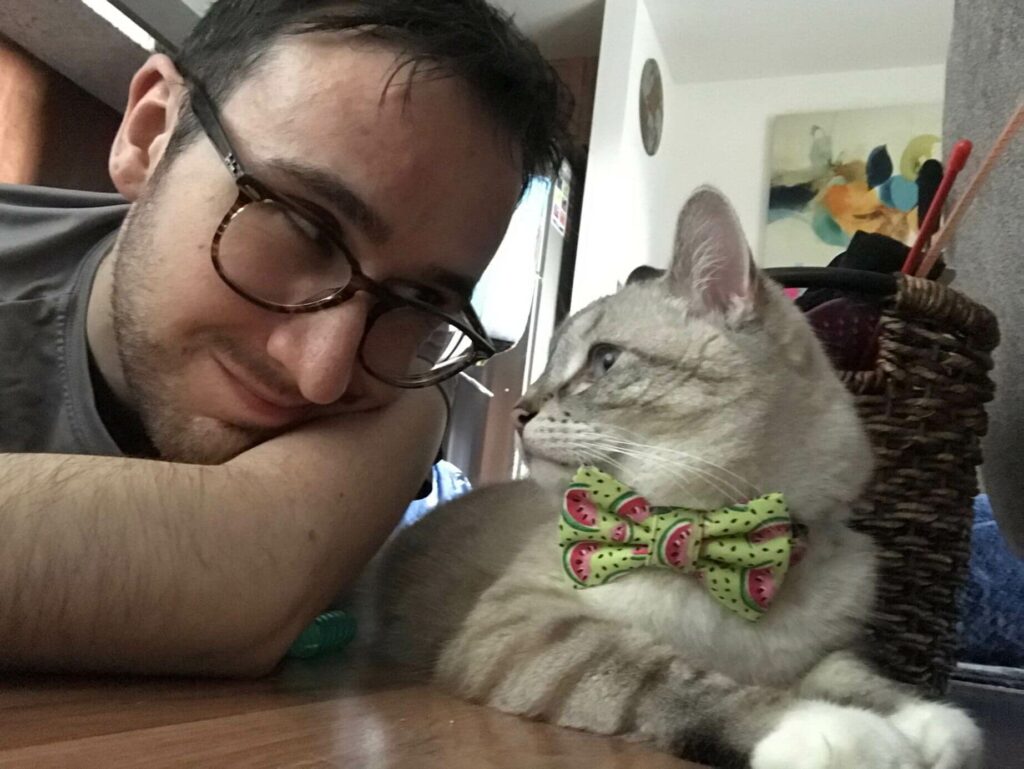
Let your friend talk about their cat. Don’t try to change the subject and don’t avoid asking about the loss. If your concern is that you’ll make them thing about it by bringing it up, I can almost guarantee they are already thinking about their cat. If it is a problem, they will let you know or they might change the subject themselves.
This isn’t to say that you shouldn’t talk about other things, but the strategy of trying to get them to think about something else and awkwardly changing topics whenever their cat comes up is going to make them feel like you are pushing them away. If you aren’t sure if they want to talk about their cat? Ask them directly.
Offer Them Support
If you are someone who feels they need to do something to help someone, there are ways beyond just listening that can help you support someone after their cat dies. Even if you’re far away, consider sending a gift card for takeout or sending an order of groceries. I had one very kind friend Venmo me money for dinner the day he died. That meant so much to me even beyond the financial aspect as they recognized I probably didn’t want to cook.

Your friend may struggle with things like cleaning, paying bills, or taking care of their kids or other pets. Offer to help out with day to day tasks. Even offering to swing by and help out with whatever they need can really help. Some people do really well with having a set time so ask them if you can come by to help with whatever they need done on a specific day. If they don’t need anything then, you can always listen or just be there.
Keep in mind that when people are grieving, they may not know what they want or be afraid to ask for help. Being specific about your offer is better in some situations. Tell your friend, “I am brining you dinner. Would you like it tonight or tomorrow?” It could also be an offer to specifically help with something they are likely not looking forward to doing such as going through their cat’s things. Don’t pressure them into going through them or doing anything as that absolutely will make them feel worse, but you can always let them know you will help them clean the litter box or move things to storage until they are ready.
For some people, distraction may be helpful. Your friend may or may not be feeling like doing a ton so ask them what they’re up for. It could be as simple as going on a walk or something more involved. If they don’t feel like going out, you can always visit or have them come to your place. Do something relaxing but not too mentally strenuous that you both enjoy. It may be just watching TV together.
Help With Final Arrangements And Memorials
Depending on how recent the loss was, you may want to support the person with some of the practical parts of the loss of their cat. It could be offering to drive them to pick up their remains or, if their cat hasn’t passed yet and euthanasia is planned, being there when the cat is euthanized. It could be offering to do things like help them sort through their cat’s things or even tasks that may be challenging for your friend. There are a lot of tasks you have to do when a cat dies so there are a lot of opportunities to help.
You may also want to help them with memorializing their cat. It could be helping them plan a celebration of life or being there when they spread their cat’s ashes. If your friend plans to do something like creating a memorial, you could get them some supplies, buy them a memory book to write down the memories of their cat, or have a day where you help them create the memorial. Even just asking your friend if there’s anything you can do to help them keep their cat’s memory alive can help.
There are a lot of options of cat memorial gifts you can get if you are so inclined as these items can help them not only remember their cat, but just as importantly help them feel the support of the people in their lives. Make sure you choose something that fits with their belief system (don’t get something with religious tones if your friend isn’t religious) and that your friend will like it. There are many photo frames, sun catchers, wind chimes, and more out there that can help them remember their special feline friend.
Continue To Support Someone After Their Cat Dies For The Long Run
When you lose someone important, human or cat, there is a lot of initial support. There are lots of tributes, kind words, and help offered initially. As time goes on, that support tends to fade but the grief continues. Grief doesn’t have a timeline and, in some ways, it never really ends. That doesn’t mean it always feels terrible (and if it does that may be problematic), but there isn’t a magic threshold where you just stop missing your cat.
Continue to check in with the person over time. That doesn’t just mean in the first month, six months, or even year. If your friend or family member is feeling down about their cat even years after their loss, be a person who they can confide in. Don’t make them feel bad for missing their friend even if it’s been decades as sometimes the feelings of loss will pop up.
Life gets busy so if the person you want to support after their cat dies is someone you are close to, you may want to set a reminder in your calendar to check in with them in a two or three months. You may also want to find out important dates like their cat’s birthday or Gotcha Day along with the anniversary of the day their cat died. Checking in with them on those days, at least initially, will mean a lot to them as will providing them with extra support around the holidays.
Their needs may vary over time so you don’t have to constantly check in with them, but setting up regular check-ins initially lets them know you are someone they can count on for the long haul. When they are two years out and randomly remember a special memory of their cat that causes them to feel a wave of grief, I can guarantee it will help get them through it to know they can contact you for support.
The Best Thing To Do
Every person is an individual and every person has a different relationship with their cat. While my relationship with Zoloft changed my life and his loss has been incredibly painful, some people may feel differently about the loss of their cat. That doesn’t mean they didn’t love them, but people react differently to stressors and loss.
There are a lot of ways your support can help someone after their cat dies or can make things worse. Even if you’re not close to them, a poorly phrased word of comfort may be far from comforting. Seeing as everyone’s needs are going to be different, what is the best thing you can do to support someone after the cat dies?
Ask them what they need. Ask them how you can support them. Directly ask them.
They may not know right then and there so have a few suggestions, but there might be something they are really struggling with. You asking them will allow them to have that need met. It will avoid a lot of risk of you doing the wrong thing and will provide them with the individual support they require. Clearly, if you’re reading this post and reading all the way to the bottom of it, you really care about someone who recently lost their cat. They are so lucky to have someone in their life who supports them. I know they’ll tell you what would be most helpful if you just ask what it is.
Check Out The Other Posts In The Series
For the first year after Zoloft’s passing, I’ll be adding to this series every month. Check out the posts that are published so far along with a few extra posts about cat loss and building memories while your cat is still here.
- Grieving A Cat: Surviving The Loss Of A Special Friend
- Memorializing Your Cat: Making A Special Memory Book Of Your Happiest Memories
- Surviving The Holidays Without Your Cat
- When Should You Adopt A New Cat After Yours Dies?
- What Do I Do With My Cat’s Stuff After They Die?
- Holding A Memorial Service For Your Cat

